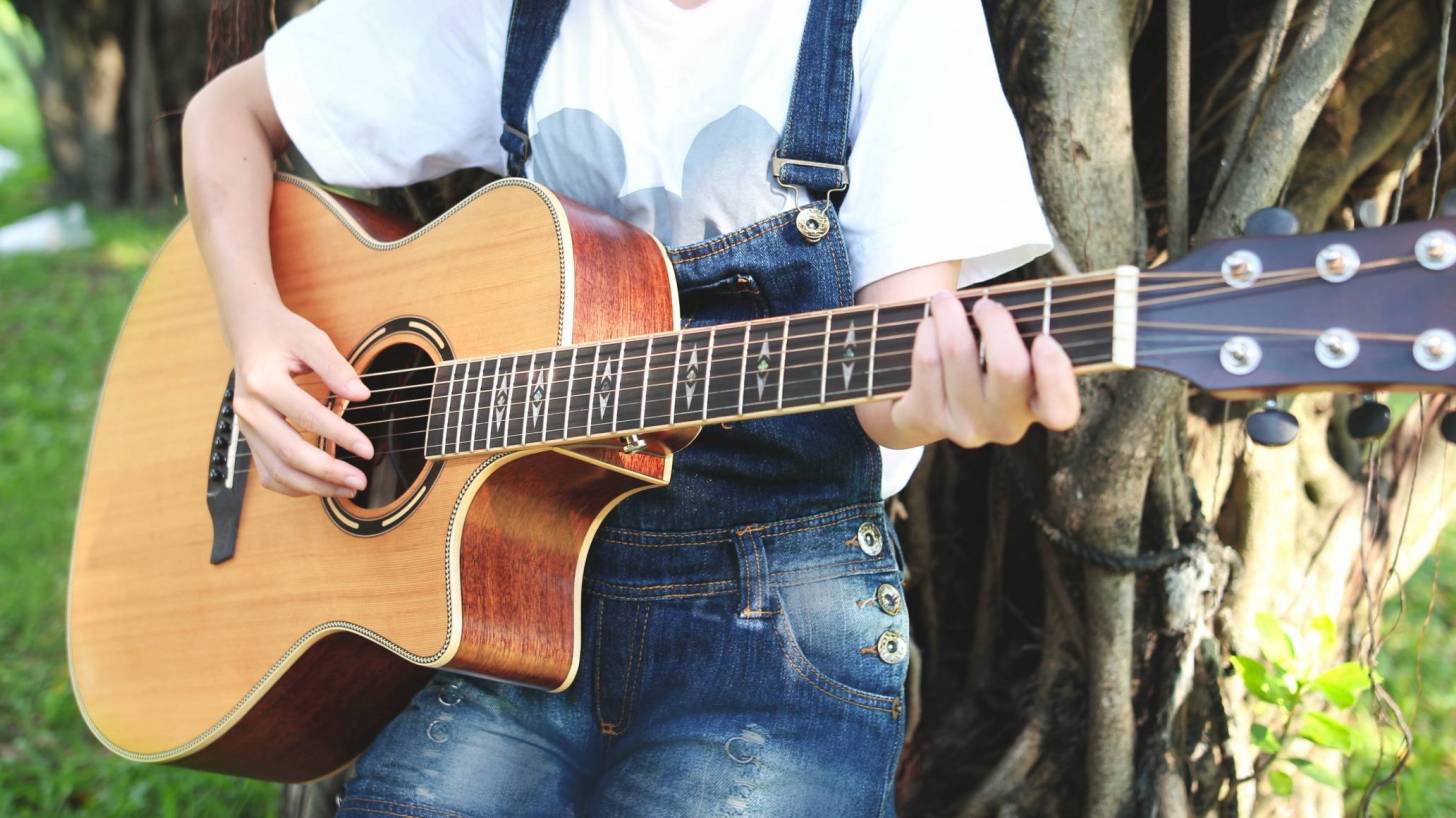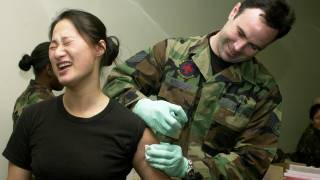Mumps Vaccine Protection Has Issues

According to new research from the Emory Vaccine Center, the mumps vaccine appears to deliver ‘insufficient immunity’ in college-aged individuals who were vaccinated in their childhood.
These Emory researchers, along with the Centers for Disease Control and Prevention (CDC), said in a September 2, 2019, press release, there are 2 possible contributing factors impacting the mumps vaccine’s protection.
These factors are:
- The ‘waning’ of the vaccine-induced immunity, and
- The differences between the strain of the mumps virus now circulating and the mumps strain currently contained in the measles, mumps, and rubella (MMR) vaccine.
The Jeryl Lynn mumps vaccine strain in the MMR vaccine was originally cultured in the 1960s. Though there is only one serotype of mumps virus, the current circulating strain ("genotype G") is genetically distinct from the vaccine strain.
Sri Edupuganti, M.D., MPH, associate professor of medicine at Emory University School of Medicine, said, "What we're seeing now with these mumps outbreaks is a combination of 2 things - a few people were not making a strong immune response, to begin with, and the circulating strain has drifted away from the strain that is in the vaccine."
This study included 71 people, aged 18 to 23 - the largest study so far of mumps memory B cells in vaccinated people. Although almost all (69/71) had received 2 MMR doses, 80 percent of the participants received their 2nd MMR vaccination more than 10 years before enrolling in this study.
Most participants (93 percent) had antibodies against mumps, but 10 percent of people in the study had no detectable mumps-specific memory B cells, which would normally be capable of producing antiviral antibodies as part of a memory response after exposure to mumps virus.
On average, the frequency of memory B cells in participants' blood was 5 to 10 times lower for cells making antibodies against mumps, compared with cells making antibodies to measles or rubella.
In addition, antibodies from the participants did not neutralize the wild-type mumps virus as efficiently as the vaccine virus.
At least 6 study participants may have been potentially susceptible to infection with the currently circulating wild-type mumps strain, the paper concludes.
The researchers did not see a clear relationship between the timing of vaccination and low antibody or memory B cell levels.
Other research has shown that a 3rd MMR dose resulted in increased neutralizing antibody responses to mumps in some individuals with low neutralization titers.
However, the antibody levels declined toward baseline by 1 year so the effect was not long-lasting.
In 2017, the CDC's Advisory Committee on Immunization Practices approved the 3rd dose of MMR vaccine for groups of people who are at risk because of an ongoing mumps outbreak.
In the USA, from January to July 19, 2019, the CDC has confirmed mumps infections in 1,799 people.
Which is actually good news, when compared to previous years.
From January 2016 to June 2017, there were 9,200 mumps cases reported to the CDC.
CDC officials say 'it's never too late to be immunized.'
In the USA, there are 2 approved mumps vaccines, MMR-II and ProQuad. Vaccine discounts can be found here.
Mumps symptoms include those common to viral illnesses - fatigue, body aches, headache - but a distinctive aspect is often swelling of the salivary glands. More severe cases can lead to encephalitis or deafness.
>> Private Mumps Test <<
The disease is spread by direct contact, droplets, or contaminated objects. It usually takes 16 to 18 days for mumps symptoms to show up after the infection starts, says the CDC.
Recent mumps vaccine news
- 15 Active Mumps Outbreaks Reported at US Immigration Facilities
- Military Reports Mumps Case on Base
- Indiana University Mumps Outbreak Reveals Waning MMR Vaccine Protection
- Mumps Love Visiting UK and USA Colleges
These researchers concluded saying ‘additional studies to characterize the immune response to wild-type and vaccine strains of mumps are clearly needed to determine if developing a new mumps vaccine is warranted.’
The first author of the paper is Ata Ur Rasheed Mohammed, Ph.D., previously a research associate at Emory and now at the CDC. Co-authors at Emory include Walter Orenstein, M.D., and Rafi Ahmed, Ph.D., and at the CDC, Carole Hickman, Ph.D., mumps team lead in the Division of Viral Diseases. Ahmed is a Georgia Research Alliance Eminent Scholar.
Emory University received a research grant through the Investigator-Initiated Studies Program of Merck and Co., Inc. The study was also supported through the Cooperative Center on Human Immunology of the Emory Vaccine Center (National Institute of Allergy and Infectious Diseases U19AI057266).
"Decreased humoral immunity to mumps in young adults immunized with MMR vaccine in childhood," PNAS (2019).
Vaccines, like any medicine, can cause side effects. You are encouraged to report negative vaccine side effects to a healthcare provider or CDC.
Mumps Vaccine News published by Precision Vaccinations.
Our Trust Standards: Medical Advisory Committee

























